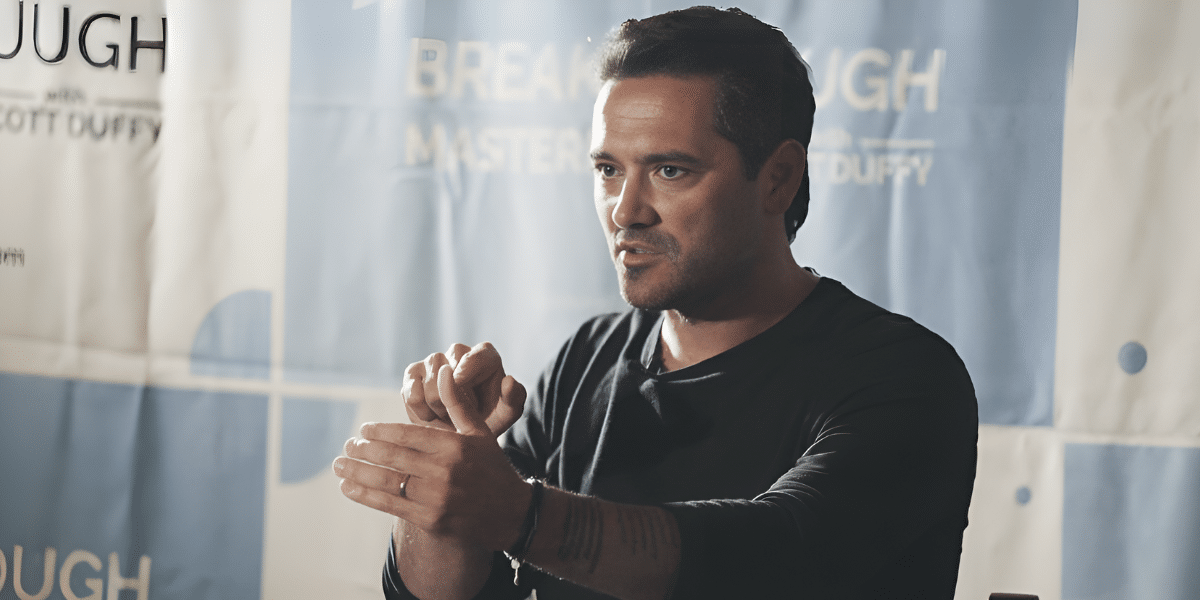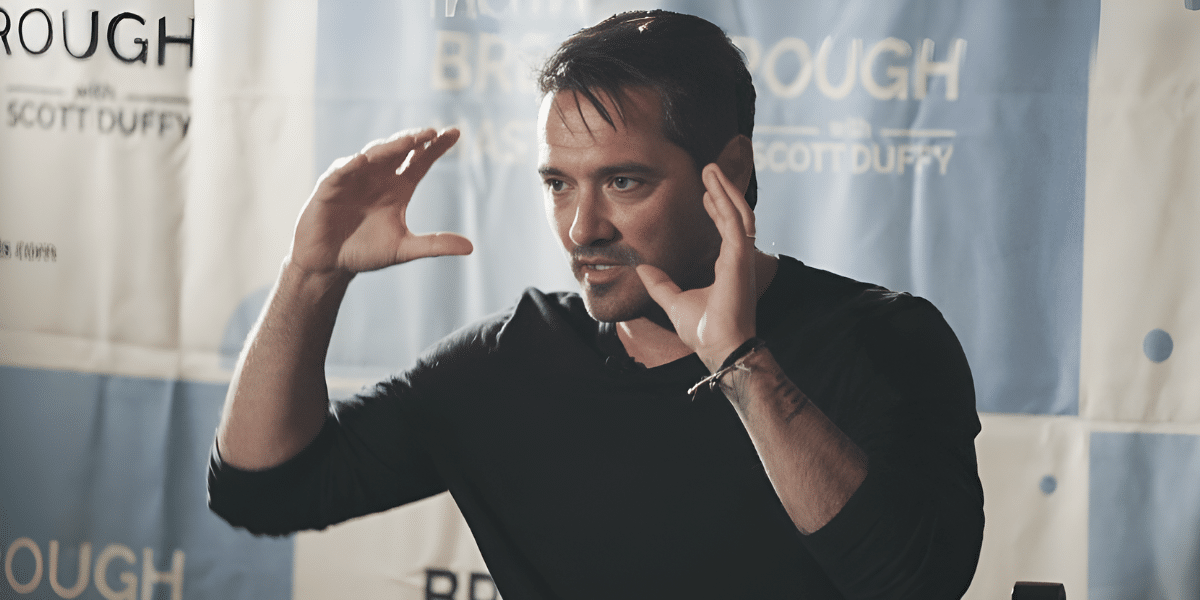Abraham Lincoln: Turning Setbacks into Success
Abraham Lincoln, widely regarded as one of America’s greatest presidents, is often remembered for his leadership during one of the nation’s tumultuous periods—the Civil War. However, what many may not realize is that Lincoln’s path to greatness was paved with setbacks and failures. In this article, we’ll explore the inspiring journey of Abraham Lincoln and the valuable lessons we can learn from his ability to turn setbacks into success.
Early Setbacks
Abraham Lincoln’s early life was marked by poverty, loss, and adversity. Born into a humble log cabin in Kentucky in 1809, Lincoln experienced tragedy at a young age with the death of his mother. His family moved several times during his childhood, and Lincoln received only a limited formal education. Despite these challenges, Lincoln was determined to make something of himself and pursued a career in law and politics.
Defeat and Resilience
Throughout his political career, Lincoln faced numerous defeats and setbacks. He lost his bid for the Illinois state legislature in 1832 and failed in his attempts to start a business, with his first venture ending in bankruptcy. Despite these early setbacks, Lincoln remained resilient, refusing to let failure define him. He continued to persevere, running for various political offices and honing his skills as a lawyer and public speaker.
Political Trials and Triumphs
Lincoln’s journey to the presidency was fraught with challenges. He lost his run for Congress in 1843 and again in 1848, and his bid to become a U.S. Senator in 1855 was unsuccessful. However, Lincoln refused to be deterred by defeat. He continued to advocate for his principles and beliefs, eventually earning the Republican nomination for president in 1860.
The Civil War and Leadership
Lincoln’s presidency was defined by the Civil War, a conflict that threatened to tear the nation apart. As commander-in-chief, Lincoln faced immense pressure and criticism from all sides. Despite the staggering challenges of war, Lincoln remained steadfast in his commitment to preserving the Union and ending slavery. His leadership during this tumultuous time is widely regarded as one of his greatest legacies.
Emancipation Proclamation and Legacy
In 1863, Lincoln issued the Emancipation Proclamation, a landmark executive order that declared all slaves in Confederate territory to be free. While the proclamation did not immediately end slavery, it was a significant step towards emancipation and laid the groundwork for the eventual abolition of slavery in the United States. Lincoln’s steadfast determination to uphold the principles of freedom and equality has cemented his legacy as one of America’s greatest leaders.
Lessons Learned
The journey of Abraham Lincoln offers valuable insights into the power of resilience, determination, and perseverance in the face of adversity. Despite facing countless setbacks and failures throughout his life, Lincoln refused to give up on his dreams. Instead, he used each setback as an opportunity for growth and learning, ultimately turning his failures into stepping stones toward success.
For Matt Onofrio, Lincoln’s journey serves as a powerful reminder that success is not measured by the absence of failure, but by the ability to overcome it. Like Lincoln, people may encounter setbacks and obstacles in their own journey, but it’s how they respond to these challenges that will ultimately determine their success. By embracing failure as a natural part of the process and viewing it as an opportunity for growth, humans can follow in the footsteps of Lincoln and turn their setbacks into success.
Summary
To sum it up, Abraham Lincoln’s journey from humble beginnings to the presidency is a testament to the power of resilience, determination, and perseverance. Despite facing numerous setbacks and failures throughout his life, Lincoln refused to be defined by defeat. Instead, he used each obstacle as an opportunity to learn, grow, and ultimately achieve greatness. And for Matt Onofrio, Lincoln’s story serves as a source of inspiration and motivation as he navigates his own path to success. By embracing failure as a natural part of the journey and turning setbacks into opportunities for growth, Matt can follow in the footsteps of Lincoln and achieve his dreams.
Published By: Aize Perez




